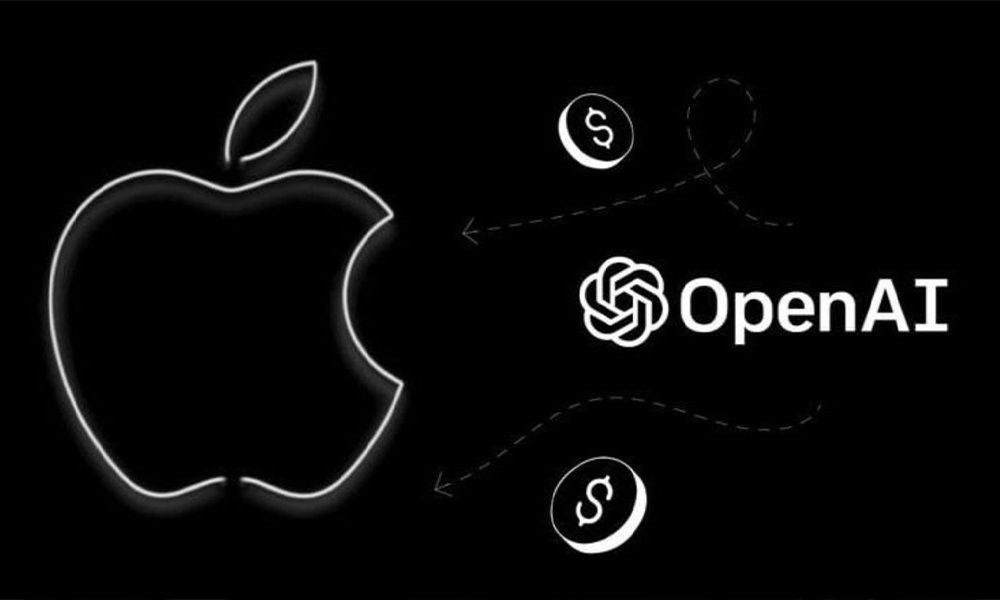Introduction
The world of finance is on the brink of a significant transformation as tokenized stock trading and 24/7 exchanges gain momentum. Recently, two major developments have brought these concepts closer to reality: BlackRock CEO Larry Fink’s prediction of the tokenization of all financial assets and the New York Stock Exchange’s (NYSE) consideration of extending trading hours to 24/7. Additionally, 24 Exchange, a startup backed by Steve Cohen’s VC firm Point72 Ventures, is seeking SEC approval for a round-the-clock stock exchange.
What is Tokenized Stock Trading?
Tokenized stock trading involves representing stocks and other financial assets as digital tokens on a blockchain network. This innovative approach enables faster, more efficient, and secure trading, settlement, and ownership of these assets. BlackRock’s recent launch of the first American Bitcoin ETF, $IBIT, showcases the firm’s commitment to embracing blockchain technology in the financial sector.
Benefits of Tokenized Stock Trading
- Increased Liquidity: Tokenized stocks can be traded 24/7, allowing for greater market participation and improved liquidity.
- Fractional Ownership: Investors can purchase fractions of tokenized stocks, making investing more accessible and affordable.
- Reduced Costs: Blockchain technology streamlines the trading process, reducing intermediaries and associated costs.
- Enhanced Security: Tokenized stocks are recorded on an immutable blockchain ledger, providing a high level of security and transparency.
Challenges and Regulatory Hurdles
Tokenized stock trading faces several challenges and regulatory hurdles. Regulators must adapt existing securities laws and develop new frameworks to accommodate tokenized trading while ensuring investor protection. Moreover, significant investment in blockchain infrastructure and integration with existing financial systems is necessary for widespread adoption.
The Rise of 24/7 Stock Exchanges
The NYSE is exploring the possibility of extending its trading hours to 24/7, according to a recent report by the Financial Times. Currently, investors can only trade equities on the exchange between 9:30 a.m. and 4 p.m. ET, with limited pre-market and after-hours trading. The NYSE’s data analytics team has polled market participants about the potential benefits and challenges of implementing 24-hour trading.
24 Exchange, a Bermuda-based startup, is also making strides towards launching the world’s first round-the-clock stock exchange. The company aims to capitalize on the growing interest of retail investors in the stock market and the increasing popularity of cryptocurrencies, which trade 24/7.
Impact on Market Dynamics and Investor Behavior
The potential move towards 24/7 trading by the NYSE and the emergence of startups like 24 Exchange signal a new era in finance. As technology advances and investor behavior evolves, traditional trading hours may become a thing of the past. However, concerns about market stability, investor protection, and employee well-being must be addressed to ensure a smooth transition.
The Convergence of Tokenization and 24/7 Trading
The combination of tokenized stock trading and 24/7 exchanges has the potential to revolutionize financial markets. Tokenization enables the creation of digital representations of stocks that can be traded on blockchain networks, while 24/7 exchanges provide the infrastructure for continuous trading. Together, these developments could lead to a more accessible, efficient, and globally connected financial system.
Conclusion
As the financial landscape evolves, the tokenization of stocks and the emergence of 24/7 exchanges are set to reshape the way we invest and interact with financial markets. With influential institutions like BlackRock and the NYSE exploring these concepts, the future of stock trading looks increasingly digital and continuous. While challenges and regulatory hurdles remain, the potential benefits for investors and the financial industry as a whole are significant. Collaboration between regulators, institutions, and investors is essential to adapt to these transformative changes and create a more accessible and globally connected financial system.

















